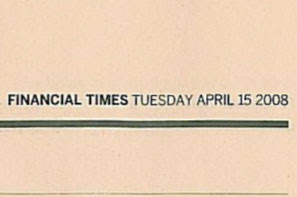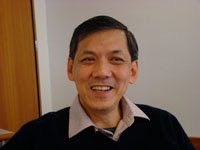
Andrei Marcu, CEO of the International Emissions Trading Association, was special guest at the launch of the Institute's
new course on energy and emissions trading (Tuesday January 29th).
Marcu spoke about using markets to deal with environmental scarcity. Markets offer flexibility, encourage innovation and create the possibility to monetize the transition to a low emissions economy.
According to Marcu, Finance has been late to the table in the development of emissions trading. In the past, the main drivers behind emission trading have been the companies involved in manufacturing and energy.
Likewise, traditional names in finance and executive education do not yet offer specialized training in emissions trading. Marcu congratulated the Institute for taking the initiative with the new emissions trading course, which will assemble energy and trading experts Mark Holder, James Kharouf and Peter Fusaro.
More than 50 people attended the inauguration event at the Swiss Finance Institute's new offices in 9 Rue de Gare.
Notable attendees included Michel Chevallier, Geneva State Head of Cabinet, senior representatives from Swiss and international banks, journalists from Le Temps and L'AGEFI, several Swiss Finance Institute professors and even a few hedge fund managers.
Our new Geneva office is accessible by low carbon public transport courtesy of Geneva main station, which is situated directly across the road.
So do drop in if you are in town!
(and for those further afield, visit our
Gallery)
We will issue a
press release about the event on February 6th.


















































